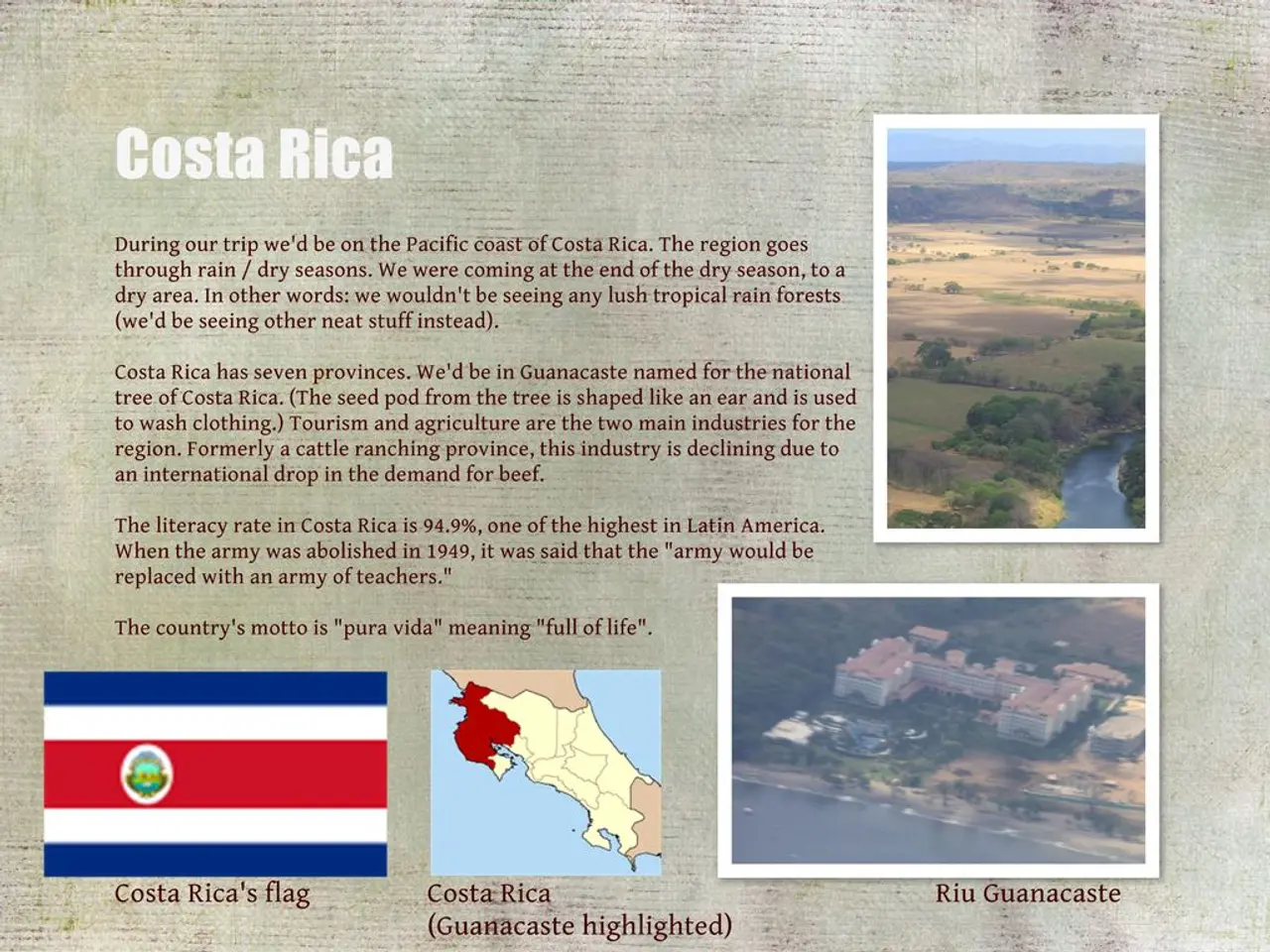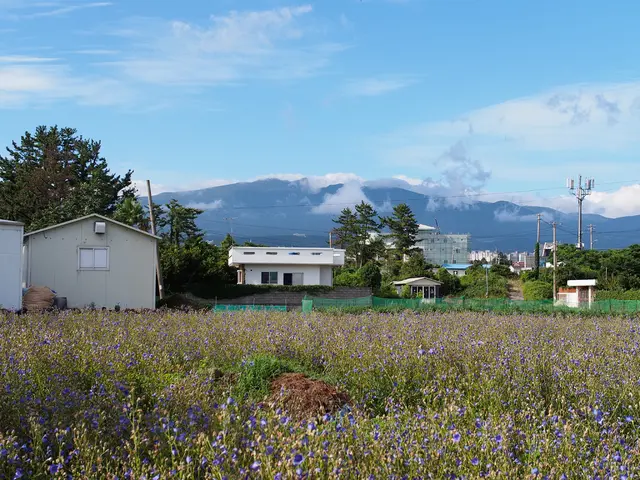Latin America's Renewable Energy Tenders Must Include Local Communities
Argentina's electric cooperatives serve 16% of the national electricity market, with around 500 cooperatives. Meanwhile, Latin America's renewable energy tenders often exclude local communities, despite their potential to drive local economic development and sustainable energy transition.
Tenders and auctions have been popular in Latin America for renewable energy development, but they often overlook local communities and small actors. To promote diversity and community involvement, tenders should be modified to favor a mix of actors and community-driven projects. This can enhance local economic development, diversify energy access, and support sustainable energy transition, especially through off-grid and decentralized solutions.
Mexico's energy reform has led to significant renewable energy projects through tenders, with an estimated 13,000 MW in 2021. However, some Latin American countries lack incentives for small and medium-scale projects, despite growth in renewable energy. To address this, countries need incentives like feed-in tariffs, net metering, and promotion of energy cooperatives. Argentina and the Dominican Republic have legislation facilitating community energy projects, while Bolivia, Colombia, and Costa Rica have policies supporting cooperatives. Costa Rica, for instance, has four rural electric cooperatives responsible for 9% of national distribution and 6% of electricity generation.
To harness the full potential of renewable energy in Latin America, tenders should be adapted to include diverse actors and community-driven projects. Incentives like feed-in tariffs and net metering can support small and medium-scale projects, while legislation facilitating community energy projects can empower local residents and protect social and cultural identity.
Read also:
- Romania's EV Market Sees Mixed Developments: Dacia Retains Lead, Charging Infrastructure Grows
- Tata Motors Establishes 25,000 Electric Vehicle Charging Stations Nationwide in India
- Tesla's Nevada workforce has escalated to a daily output of 1,000 Powerwall units.
- AI-Enhanced Battery-Swapping Station in Southeast Asia Officially Opens Its Doors








